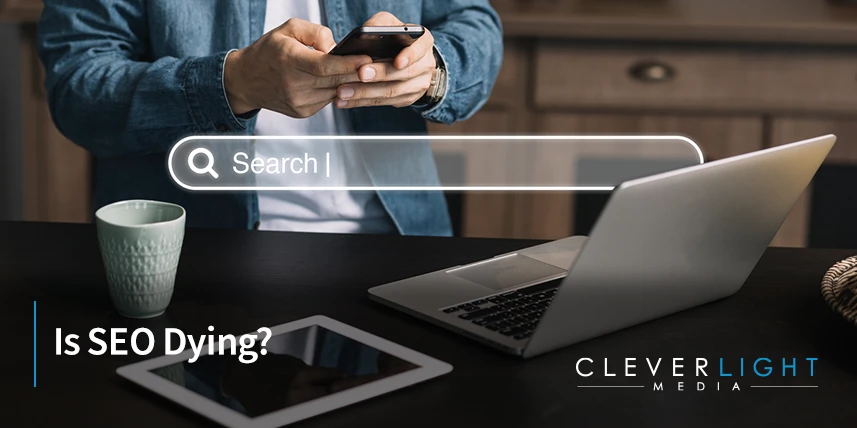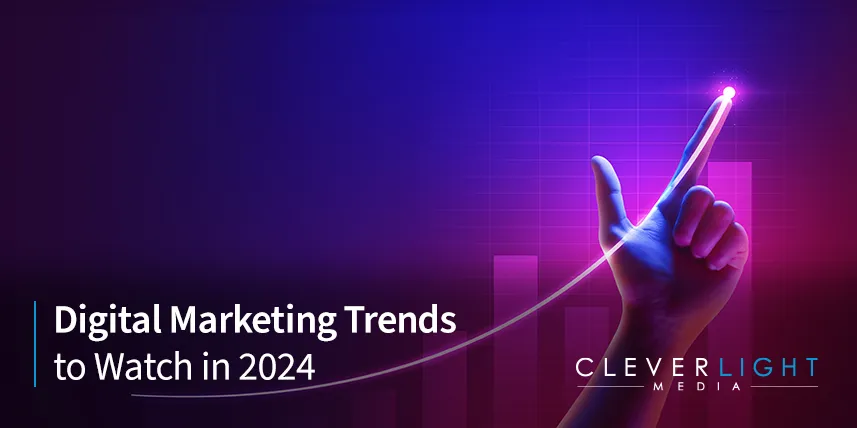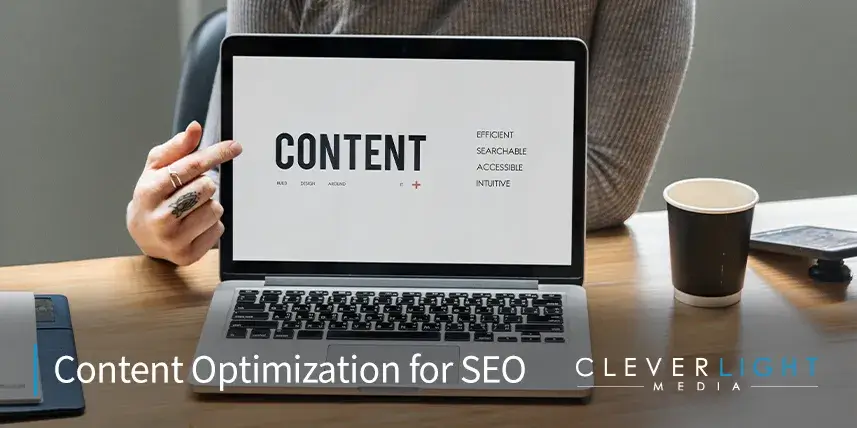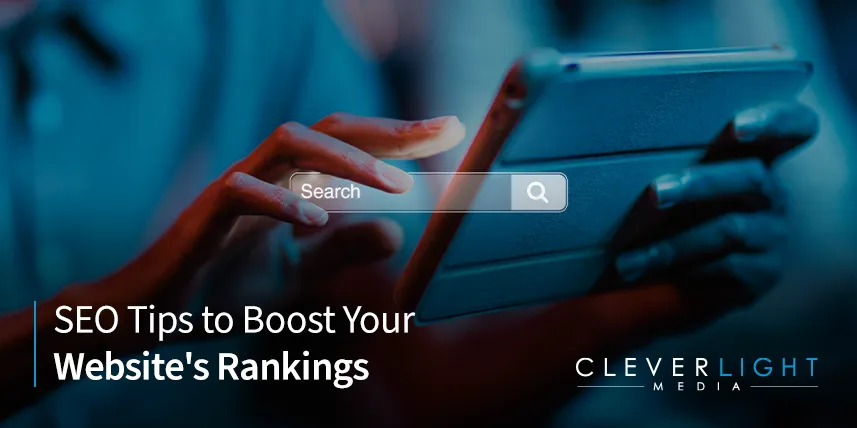In the business world, a conversion increase of even a fraction of a percent can have a major impact on your overall bottom line. When your goals are narrowly defined and you know that measuring your success can be a difficult process, it is important to go into the search engine optimization process with a realistic understanding of what to expect. How much return should you expect on your investment? And what constitutes a reasonable goal?
The truth is that, because of the trial-and-error nature of SEO campaigns, it is difficult to put a precise number on your goals. That said, what you get out of an SEO campaign is largely dependent upon what you put into it. Your expected output will be heavily influenced by the type of campaign that you run and the money that you put into it.
What should I spend on improving my search ranking?
To complete a conversion, your website must first generate a clickthrough. Your ability to rank highly for a given keyword or keyword phrase will greatly influence your ability to generate clickthroughs. Over the years, many studies have been done to determine the average clickthrough rate at various positions on the Google search results page. The ever-useful Moz.com has done an excellent job of aggregating those studies into this useful table, with results spanning almost a decade:
Obviously, occupying the top search result spot for a given keyword or keyword phrase dramatically increases your clickthrough rate–up to three or four times even just from the second spot, according to some studies. The problem is that getting to that top spot can difficult, time consuming, and expensive. The fact is, the higher you want to rank, the more expensive it’s going to be. Getting from the 50th spot to the 15th spot isn’t hard–but getting from the 15th to the 10th, the 10th to the 5th, and the 5th to the 1st will become exponentially more difficult and costly. The fact is that it simply may not be possible to rise past a certain ranking for some of your keywords–and with the top ranking eating up almost one-third of all clicks on the search results page, sometimes cutting your losses and moving on to the next keyword can be the best course of action.
The keywords you choose matter. Some keywords are searched more often than others. Some keywords generate higher clickthrough rates. Determining which are the most cost-effective for you to target can be a game of trial and error. This is why SEO campaigns are generally measured in weeks, months, and years. It’s impossible to plug-and-play keywords and numbers quickly–you simply need to be able to measure their effect over time. As you might expect, the most effective and obvious keywords will probably be the most expensive.
At this point, it becomes a balancing act between your conversion rate and the amount of money you are spending to improve your search ranking. Once you have generated a clickthrough, it is up to the rest of your website to complete the conversion. If your goal is to sell consumers a product, you’ll need to sell enough products to offset the money you are spending to improve your ranking. If your goal is generate leads, you’ll need those leads to be similarly lucrative. Before engaging in an SEO campaign, it is always a good idea to examine your own website. If you are selling products online, is your checkout process easy? If you want prospective clients to call you, is your contact information clearly visible? An examination of frequently viewed pages and identification of where you lose the most visitors can be critical to the success of an SEO campaign. After all, while getting more visitors to your page is a good thing, you still need to turn them into conversions or, at the very least, leave them with a positive impression and the intention to return.
What about those companies that promise big SEO ROI quickly?
Anyone promising you fast and easy results is probably engaging in unethical SEO practices. While you might not think this concerns you, it does. Marketers utilizing unethical “black hat” techniques can actually hurt your search rankings in the long run. Search engines like Google and Bing have become very good at figuring out when their search rankings are being manipulated, and their response is generally swift and harsh. Your site might even be blacklisted from the search results altogether, and while your SEO company simply moves onto their next client, your company is left twisting in the wind.
A good and ethical marketing firm with organic SEO experience can launch an extended campaign to clean up your site’s code, use effective tags, write compelling content, and help build your backlink profile, all of which will improve your credibility in general, as well as your search ranking for the target keywords. But figuring out which keywords will give you the most bang for your buck will take time, as will moving up the search rankings. Understanding that SEO campaigns are a process is important, but one which has the benefit of a potentially lucrative end result.
Alright, but you haven’t answered the question. What sort of ROI is it reasonable to expect from an SEO campaign?
If there was a set formula to determine the expected SEO ROI for your campaign, it would make our job at CleverLight a lot easier. Unfortunately, it just isn’t that simple. The success of an SEO campaign is simply too dependent on factors such as your conversion metric, site layout, level of competition, and others.
With that in mind, finding the right company to work with can be the deciding factor. A track record of success with SEO campaigns is an indicator that a company knows what they are doing, and companies offering to consult with you before beginning your campaign are always more reputable. Not only is it important for them to know what your goals are, but, for companies like CleverLight Media, ethics come into play. Any company that will take your money before learning anything about you probably doesn’t have your best interests at heart. By contrast, a truly ethical company is one that will not take your money if they don’t think they can make you money.
Using CleverLight as an example, our clients enjoy an average ROI of 135%. While not all of that comes from SEO campaigns, it serves as a solid indicator of a company that knows what it is doing in the web marketing arena. That 135% doesn’t go into our pockets–it goes into our clients’ pockets. While you may not be able to estimate the exact SEO ROI your company will enjoy, you should be able pinpoint the actual ROI of potential marketers’ past clients. Doing so will give you an idea of what sort of company you are dealing with, what level of expertise they have, and what you can expect should you decide to engage with them. In a realm where bumping your conversion rate from just 1% to 2% can double your revenue, knowing who you’re dealing with and feeling confident that they can get you where you need to go can give you the peace of mind you deserve as your business grows.







